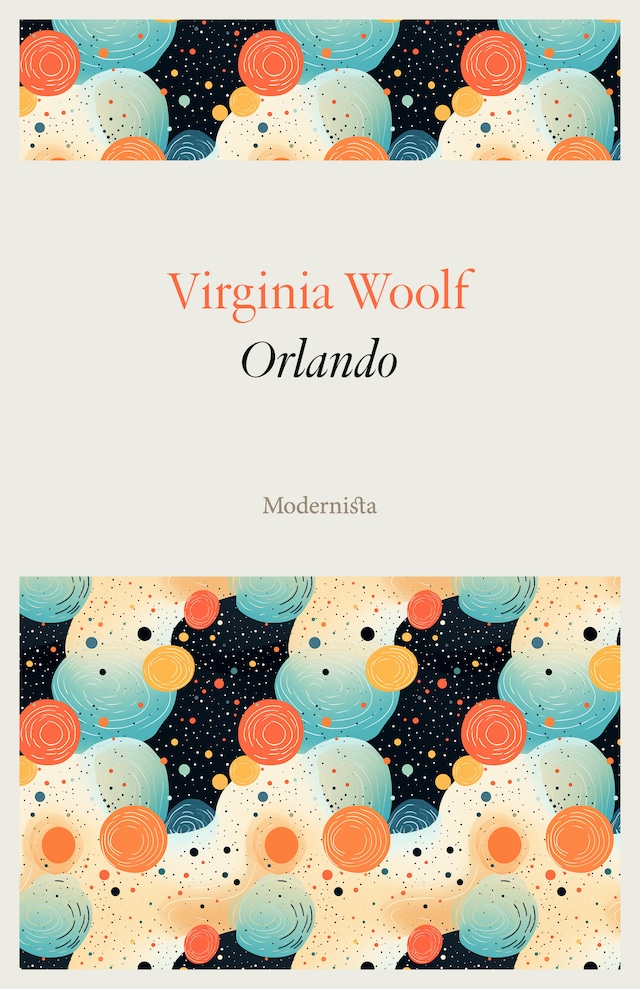
Orlando
Description of book
In Elizabethan England, a young nobleman named Orlando navigates the intricacies of court life under Queen Elizabeth I. Known for his youthful exuberance and romantic pursuits, Orlando's life takes a fantastical turn when he wakes one morning to find himself transformed into a woman. Spanning over three centuries, Orlando's journey unfolds through various historical and social contexts, from the bustling streets of 17th-century London to the intellectual salons of 18th-century Constantinople. As centuries pass, Orlando grapples with identity, love, and the fluidity of gender, while remaining ageless and witnessing profound changes in society and culture.
Orlando, published in 1928, is celebrated as Virginia Woolf's playful and groundbreaking exploration of gender identity and fluidity. By presenting Orlando's seamless transition between genders as a natural and liberating experience, Woolf subverts conventional norms and invites readers to question the limitations imposed by society.
VIRGINIA WOOLF [1882–1941] was an English author. With novels like Jacob’s Room [1922], Mrs Dalloway [1925], To the Lighthouse [1927], and Orlando [1928], she became a leading figure of modernism and is considered one of the most important English-language authors of the 20th century. As a thinker, with essays like A Room of One’s Own [1929], Woolf has influenced the women’s movement in many countries.
 Virginia Woolf
Virginia Woolf 270 Pages
270 Pages